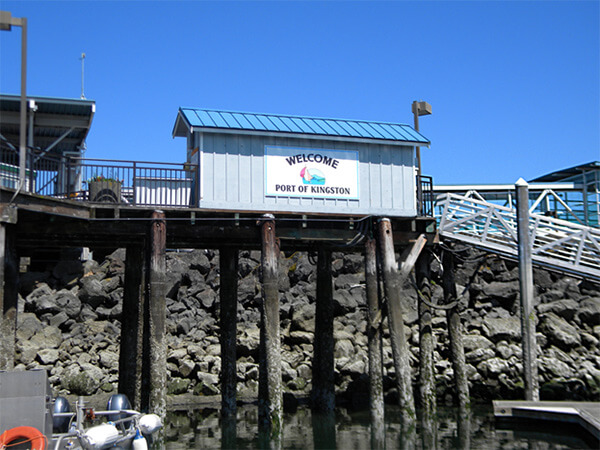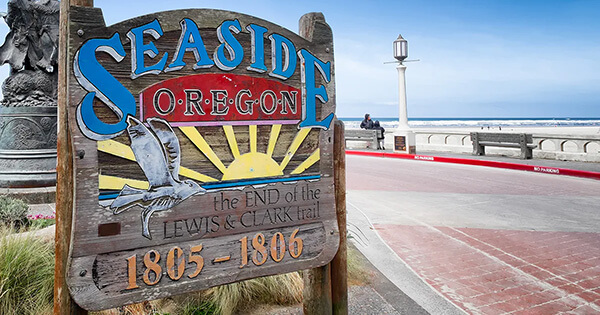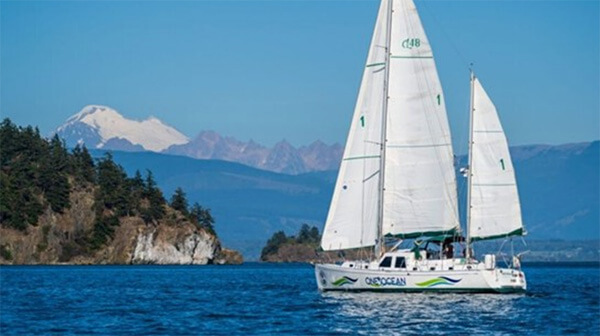April 2023
Knowing the Waters, Transactions with Other Governments or Nonprofits
By Frank Chmelik, WPPA Counsel
It is not uncommon for port districts to be asked to enter into a transaction with another government to provide a service, transfer property or provide a below-market lease. In addition, it is not uncommon for port districts to be asked to enter into a below-market transaction with a nonprofit to accomplish some laudable public purpose. These transactions (both with governments and nonprofits) have to be carefully structured to avoid violations of Article 8, section 7 of the Washington State Constitution which prohibits “gifting of public funds.”
Transactions with Other Governments – True and Full Value. RCW 43.09.210 provides that any transfer of services, equipment or property (including a leasehold interest) shall be paid for at its “true and full value” by the department, public improvement, undertaking, institution, or public service industry receiving the same. This is commonly called the “true and full value” requirement. This statute expresses the legislative intent of precluding one government from transferring value to another government which is viewed as a subsidy by one group of taxpayers to another group of taxpayers. The statute has been held by the Courts to apply to a subsidy of the State of Washington as well as to municipal corporations. Additionally, RCW 43.09.210 has been described by the Courts as a statute that prevents one government entity from receiving services from another at a reduced cost, absent specific statutory exemption.
Keep in mind that any transfer of value requires “true and full value” but not “fair market value.” Rather “true and full value” has a flexible meaning, depending on the circumstances of the transaction, and “value” can take forms other than monetary consideration. Governments have the discretion to negotiate terms of a transaction within the broad limitation of “true and full value”. Certainly, the more one deviates from fair market value then the more justification will be needed.
This rule requires that the port obtain at least some consideration and also clearly justify how the transaction meets this rule. I recommend that in dealing with other governments, that ports (i) always justify any deviation from fair market value, (ii) avoid such things as $1 annual leases and (iii) always document that deviation in a memorandum, commission meeting minutes and/or in the transaction documents itself. The best practice is to have the commission determine that the port district has received “true and full value.” However, keep in mind that justifications only go so far and ultimately the port must give and receive “true and full value” in transactions with other governments.
Transactions with Nonprofits. Ports are frequently approached by nonprofits that are doing the public good and would like free or reduced services or rents. Caution and legal advice are essential here to avoid violating the constitutional prohibition against “gifting public funds” found in Article 8, Section 7 of the Washington State Constitution. Lawyers see a red flag when, for example, a nonprofit youth sailing program is given reduced moorage, the local humane society is given reduced rent or the local hospital support group is allowed to use a port building for free for a fundraiser. However, all is not lost. RCW 53.08.245 provides some latitude in dealing with nonprofits. This statute provides two broad authorities. First, that statute provides that it “shall be in the public purpose for all port districts to engage in economic development programs.” Second, the statute goes on to note that “port districts may contract with nonprofit corporations and private and public entities that provide training systems as defined in RCW 28C.18.010 and promote workforce diversity in furtherance of this and other acts relating to economic development.”
The term “economic development program” is not otherwise defined beyond a recognition that the term includes “occupational job training and placement, job advancement and job retention, pre-apprenticeship training, or occupational education programs.” With this in mind port commissions get to decide what qualifies as an “economic development program.” Care should be taken in explaining the rationale for such a determination. A public hearing where testimony is heard about economic development would be helpful.
Experience shows that requiring an annual report to the port commission on “quantitative information on program outcomes” for any agreement with a nonprofit is a best practice to ensure that public funds are being used for economic development.
As always, please contact your port counsel with any questions regarding this issue. And, if you have a particular topic for Knowing the Waters please e-mail me at fchmelik@csdlaw.com. Finally, on a personal note effective March 1, 2023, we changed the name of our law firm from Chmelik Sitkin & Davis, P.S. to CSD Attorneys at Law, P.S. – we decided “Sitkin” and “Davis” were too hard to spell.




